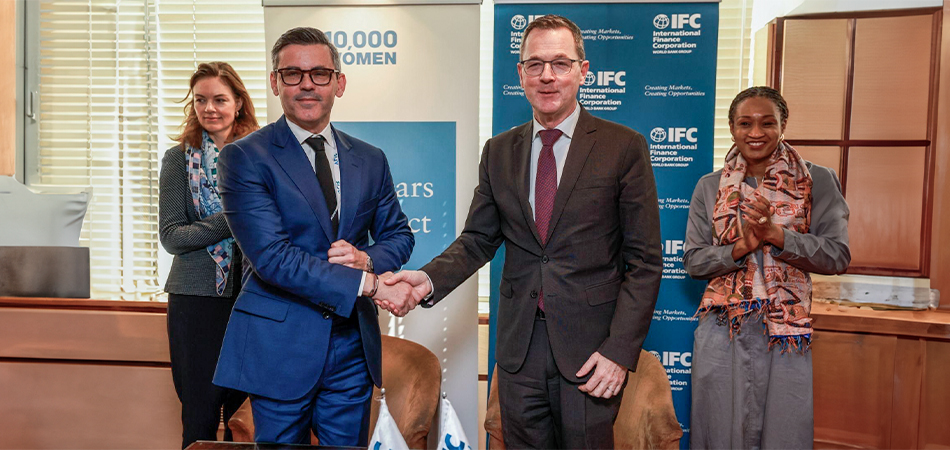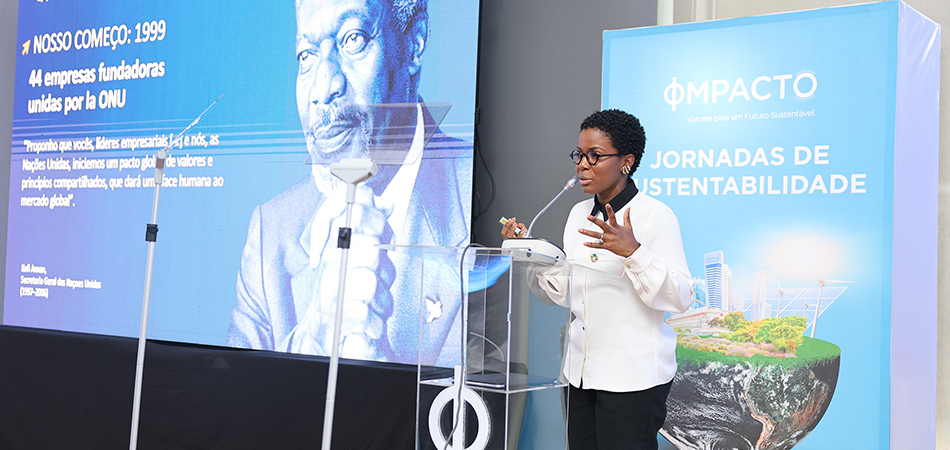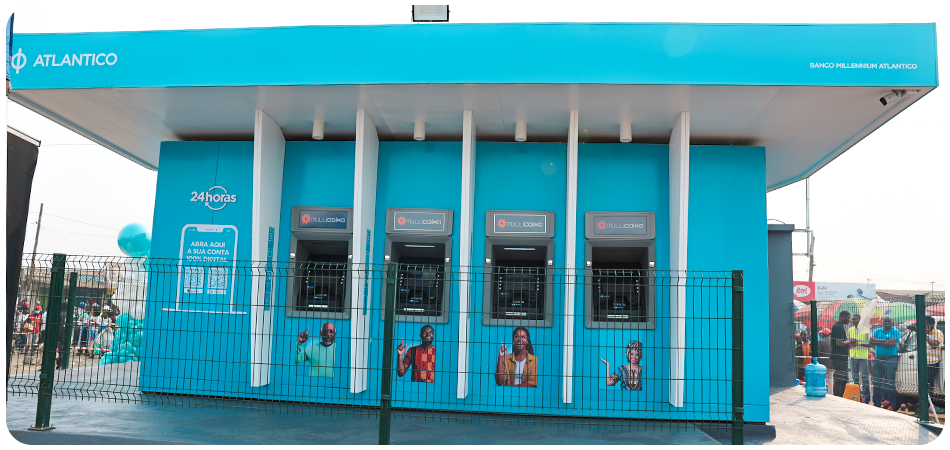
DOMBE PROJECT 4.0
Created in May 2018, the Dombe 4.0 Project started by conducting a diagnosis of 182 families in the Dombe Grande Commune, whose population density is 41,434 inhabitants in an area of 2,172 k2. This diagnosis took place over 20 days and was conducted by eight technicians recruited from the Faculty of Agricultural Sciences of Huambo. Of the six communities covered (Kalondende, Elefante, Viete, Secu, Casseque and Kachimbumba), Elefante had the largest number of members involved, with 55 farmers participating in the surveys. About 50% of the respondents are linked to the local associative movement, and the Ongonguela Association was the one with the highest number of associated farmers, reaching 27%.
From this diagnosis, in addition to other relevant information, it was possible to ascertain that 80% of the respondents do not derive from their daily activity sufficient income for family self-sufficiency, having the need to look for work in other activities and even in other geographical areas; that 66% resort exclusively to manual labor for land preparation; that 11% practice agriculture for their own sustenance, without any prospect of profitability and economic growth; and that for 83% of the respondents (for whom the informal market is the only way to sell their production) the availability of means of production and technical assistance would boost agricultural production and the creation of wealth for the families of the Commune.
The data collected reinforced the promoters' confidence in the implementation of this project, which aims to make families in the region self-sufficient and, at the same time, professionalize their activity with a view to their integration into the formal market and the sale of their surplus production to the large stores operating in Angola, namely.
José Maria Wanassi, responsible for the Project, stresses that the Dombe 4.0 project aims to "develop the activity of peasant families, contributing to the increase of their production and to the marketing of their products. Why and for what? So that the monthly income of these families increases and so that their quality of life can be increased. If they produce for their own sustenance and for sale, they will have money to have access to basic necessities, to health, to education, and they will become active members of the community and of the local and national economy. And this is the great objective of this social project that we are now presenting - that of contributing so that our families are active and intervening in the process of economic and social development of our country."
The same official added: "The diagnostic work carried out last year allowed us to ascertain what we as a promoter needed to know to help rural families establish resilient and productive livelihoods, to think about how products and services can respond to the pertinent needs of rural families; what business strategies to develop for direct support to rural families and their crops for permanent cyclical production."
Social impact of the project is to replicate in other communities
Today, the project is underway, with the start of the bean production campaign, which began in May of this year. Ten tons of beans and nine tons of fertilizer have been distributed to 162 families in the Commune. The expectation is that 80 tons of beans will be produced, of which 60 tons are already contracted to be sold to Maxi. The rest will be sold to other national retailers and will also contribute to the livelihood of the families covered by the project.
For now, the entire production and marketing chain works with the direct support of the project promoters. In the future, the goal is for local associations to gain strength, with the adhesion of the producing families, and for them to be the ones to negotiate the sale and disposal of the production with Angolan retailers.
Another objective is to introduce the cyclical cultivation of crops, such as sweet potatoes, ginguba and onions, in order to create an annual production cycle that feeds family livelihoods and markets that become buyers of the produce.
Finally, recalls José Maria Wanassi, "the major objective is to replicate the model so that the project is extended to other geographical areas of Angola so that education, agricultural mechanization, access to markets and nutritional quality are a reality in the various farming communities of the country."
To implement the Dombe 4.0 project, considerable resources have been made available to date, and the expectation is that the families now covered will be fully autonomous and achieve self-sustainability over a four-year period (until 2022).
The ATLANTICO Bank has been one of the driving forces behind the project's financing, which is why António Assis,Chairman of the Board of Directors, is satisfied with the results achieved. "Knowing that as a financial institution we give our best contribution so that Angolans are committed, active and enterprising citizens in their communities is something that ATLANTICO considers extremely important at the level of its performance. On our part, the commitment to development and the future is constant and permanent," he stresses.


 Buy a House
Buy a House
 Open a current account
Open a current account
 Protect my family
Protect my family
 Invest
Invest
 Ask for a Card
Ask for a Card
 Buy a Car
Buy a Car
 Save for the future
Save for the future
 Login
Login Open an Account
Open an Account








